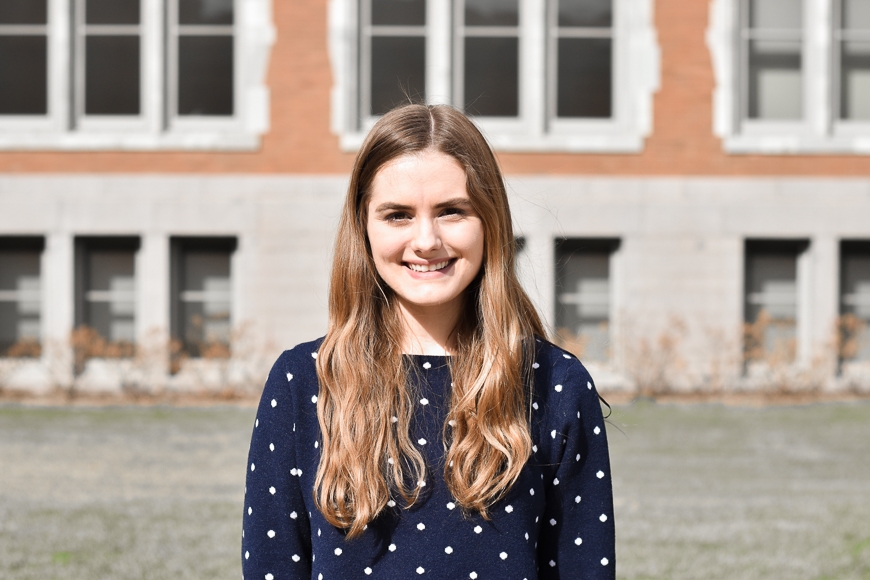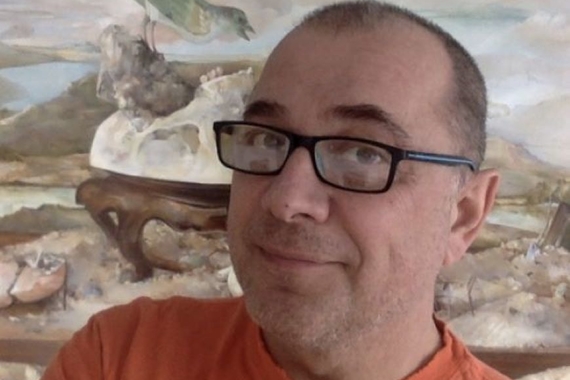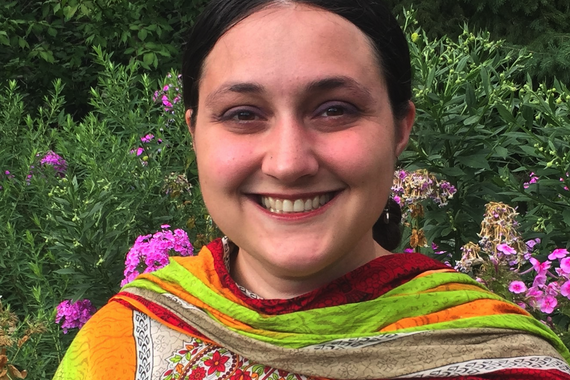Promoting Human Rights in Senegal
Through daily journaling during her study abroad experience, Laura Meier is able to revisit her spring 2018 experience in Senegal. During an internship with the Association des Juristes Sénégalaises, Meier worked to promote women’s rights in the region.
What was your learning abroad experience like?
I studied abroad in Dakar, Senegal during spring 2018. My experience was multifaceted. I took courses at a local research center for half my stay and then did an internship for credit during the rest. Everyone on the program was sent to a different site for their internships. I ended up commuting to Pikine, a suburb of Dakar, to work with a local NGO called Association des Juristes Sénégalaises, which provides free legal services and works to promote women’s and children’s rights throughout Senegal. Since it was nearby, I was able to stay with the same host family throughout the semester. My host family was the highlight of my stay, as I got to spend time with the children in my household and become accustomed to Senegalese cuisine.
How has the experience of studying another language affected your education and career trajectory?
As English is not generally spoken where I was, I had to rely on my French skills throughout my stay. However, Senegal is a multilingual country, and French is just its official language. Though my host family spoke French fluently, they primarily spoke Wolof, Senegal’s most widely spoken national language. I took a few classes in this local language while at the West African Research Center, but ultimately, I improved most simply by living in a Wolof household and working with Wolof-speaking clients and coworkers. Learning another language has always been a goal of mine. After having studied abroad and learning more about language acquisition in general, I definitely value the immersion aspect of my program.
What was the biggest takeaway from your learning abroad experience?
My biggest takeaway from studying abroad is the importance of getting out of my comfort zone. Though culture shock is difficult, it ultimately led me to become more open-minded and prepared to face new situations. I highly suggest that future students thinking of studying abroad fully embrace the nervousness, ambiguity, and exhilaration it entails. After all, knowing I could get by in a country where I had never been before and speaking another language gave me the confidence to push myself in other areas, such as pursuing other internships and graduate school.
However, I suggest speaking to other students who have already studied in your country of choice, as reading a handbook can only get you so far. There were many factors, particularly those pertaining to women’s rights and access, that I wish I would have been more aware of pre-trip—both general cultural and legal customs of my chosen location and the responsibilities and liabilities I was taking on.
Finally, a simple piece of advice is to journal during your stay. Personally, I journaled every day. Looking back on my writing, I can see my linguistic progression and also keep a record of my ups and downs throughout the trip. I also collected the small things in a booklet, like bus tickets, flyers, drawings from my host sister, etc. I appreciate having these items so I can look back and remember the places I went and the people I miss. All in all, for those of you considering studying abroad, if you can make it work financially, go for it. You are capable of more than you know.
This interview was conducted by an undergraduate student in CLAgency. Meet the team.



